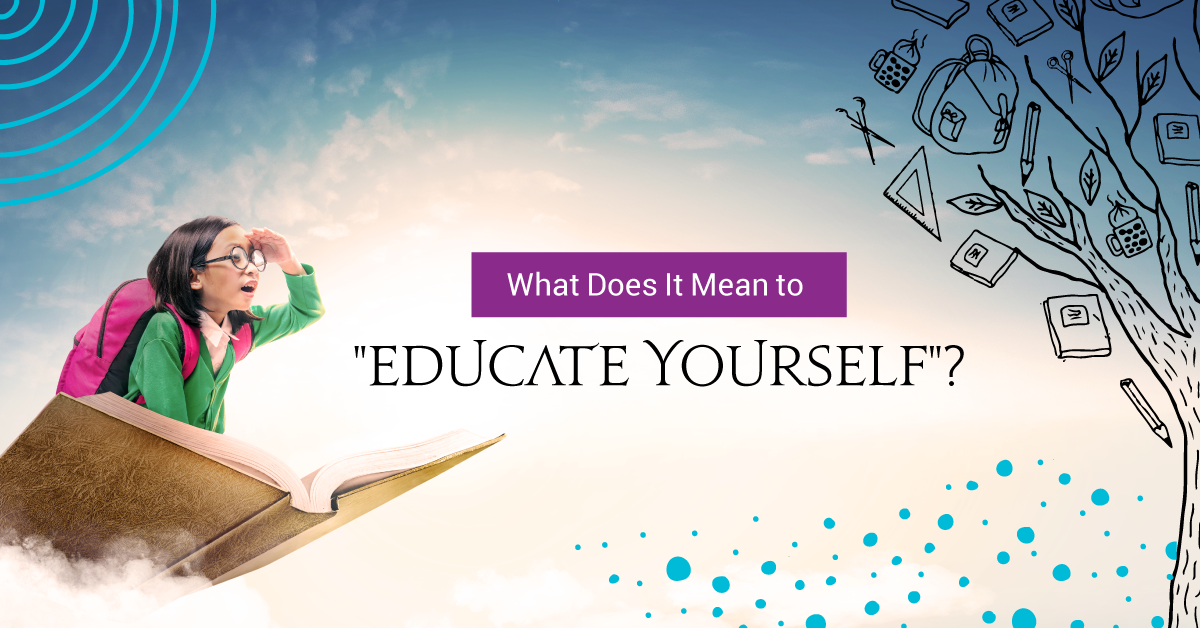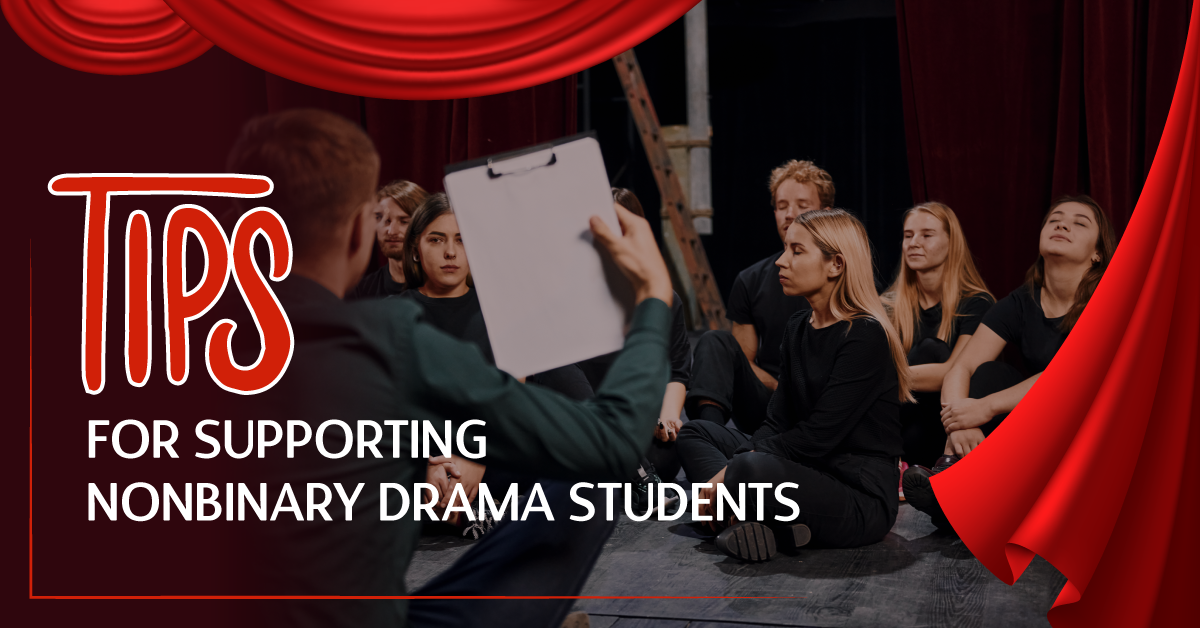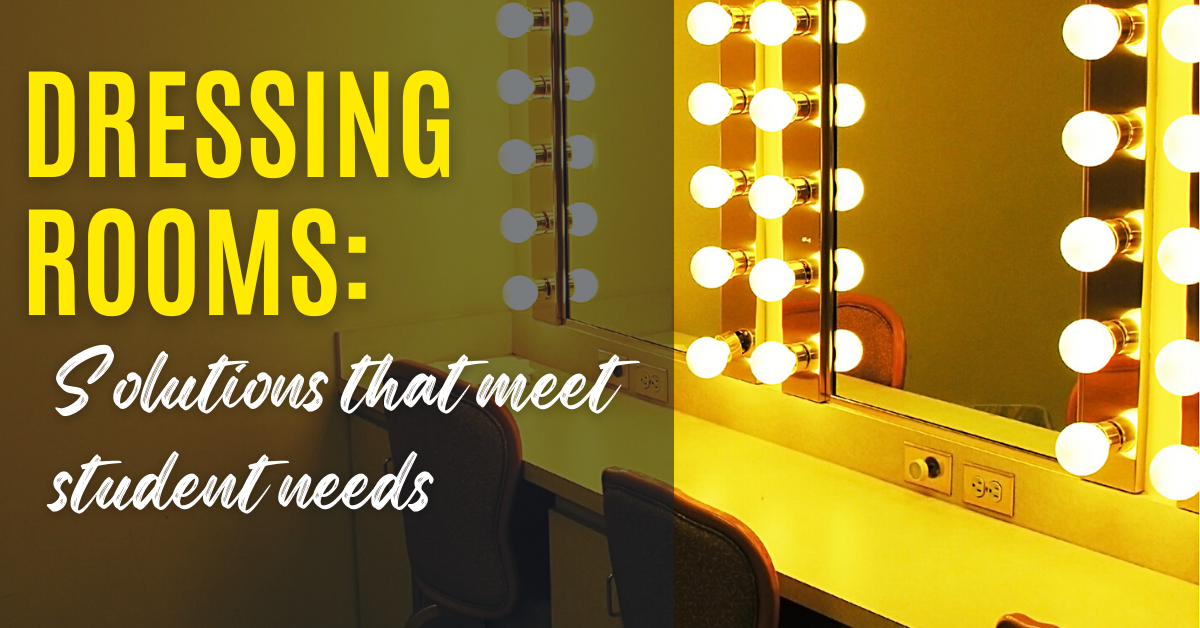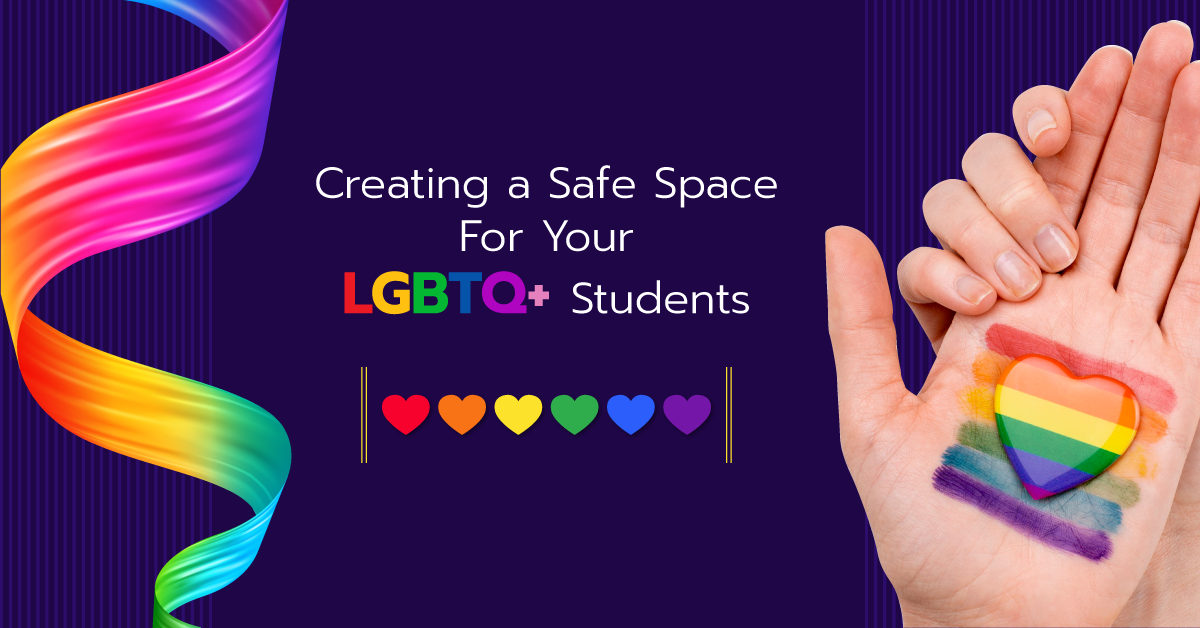What Does It Mean to “Educate Yourself”?
The phrase “educate yourself!” gets thrown around a lot, especially online. It’s tough when, as a teacher, you are trying to learn more about topics you’re unfamiliar with so you can better support your students, and then you get stopped in your tracks. But please keep trying! Your students need that from you, even if they don’t say it.
So what can you do to “educate yourself” about LGBTQ+? Here are some tips:
1. Be proactive.
Don’t wait until a problem arises or a student comes to you for help. Start now!
2. Read books and articles, listen to podcasts, and watch videos written and created by LGBTQ+ people.
Get information from people with lived experiences. Remember that everyone’s experiences are different, but they’re all important and valid. Create a resource file (such as a reading list) of LGBTQ+ creators that you can share with your colleagues and direct students to. Make sure the work you’re consuming was created by LGBTQ+ folks, rather than just about LGBTQ+ folks.
3. Don’t force your LGBTQ+ students to answer questions unless they’re willing to do so.
This is a hard one, because your students are right there and you interact with them every day. Some of them might be thrilled and honoured to answer questions and share resources, while others won’t be comfortable taking on that responsibility. (And their reasons are nobody else’s business!) Never assume someone wants to be an “expert.”
4. Show support by attending events and making purchases from queer theatre-makers.
Show your support with your dollars. Many free resources on social media have links to tip jars and other ways to support creators financially. Help bring marginalized voices to the forefront. Amplify LGBTQ+ voices and creations. If you aren’t able to support them financially, share their work (with proper credit given) so more people can experience their creations. You can also volunteer to help out with LGBTQ+ led events and causes.
5. Know that sometimes as an ally, your role is to be quiet and listen.
Believe students’ experiences if they choose to share them with you. Listen, listen, and listen some more. Don’t pry, but ask how you can best support them, within your own capacity. Try not to jump in with your own personal stories. Be aware of your own privilege when listening to others (which is uncomfortable but necessary), and don’t make it about you.
Disclaimer: Check with your administration and district policy on anything discussed in this article with regard to LGBTQ+ (LGBTQIA, LGBTQ2S), as laws vary from region to region.



